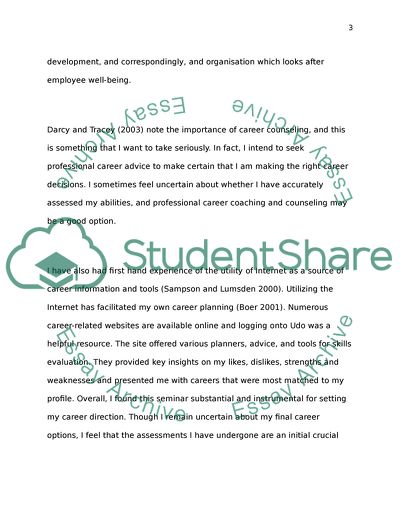Cite this document
(Employability and Personal Development Coursework, n.d.)
Employability and Personal Development Coursework. Retrieved from https://studentshare.org/human-resources/1746603-employability-and-pdp
Employability and Personal Development Coursework. Retrieved from https://studentshare.org/human-resources/1746603-employability-and-pdp
(Employability and Personal Development Coursework)
Employability and Personal Development Coursework. https://studentshare.org/human-resources/1746603-employability-and-pdp.
Employability and Personal Development Coursework. https://studentshare.org/human-resources/1746603-employability-and-pdp.
“Employability and Personal Development Coursework”, n.d. https://studentshare.org/human-resources/1746603-employability-and-pdp.


